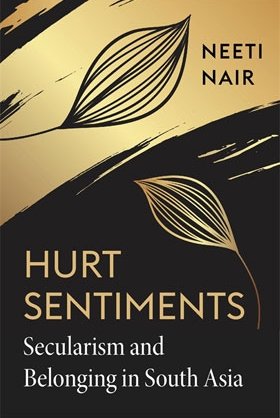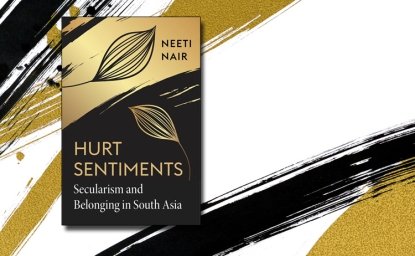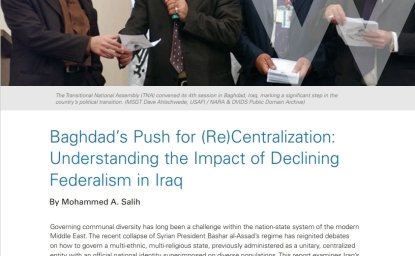Hurt Sentiments: Secularism and Belonging in South Asia



Related Event
-
At the time of the India–Pakistan partition in 1947, it was widely expected that India would be secular, home to members of different religious traditions and communities, whereas Pakistan would be a homeland for Muslims and an Islamic state. Seventy-five years later, India is on the precipice of declaring itself a Hindu state, and Pakistan has drawn ever narrower interpretations of what it means to be an Islamic republic. Bangladesh, the former eastern wing of Pakistan, has swung between professing secularism and Islam.
Neeti Nair assesses landmark debates since partition—debates over the constitutional status of religious minorities and the meanings of secularism and Islam that have evolved to meet the demands of populist electoral majorities. She crosses political and territorial boundaries to bring together cases of censorship in India, Pakistan, and Bangladesh, each involving claims of “hurt sentiments” on the part of individuals and religious communities. Such cases, while debated in the subcontinent’s courts and parliaments, are increasingly decided on its streets in acts of vigilantism.
Hurt Sentiments offers historical context to illuminate how claims of hurt religious sentiments have been weaponized by majorities. Disputes over hate speech and censorship, Nair argues, have materially influenced questions of minority representation and belonging that partition was supposed to have resolved. Meanwhile, growing legal recognition and political solicitation of religious sentiments have fueled a secular resistance.
---From Harvard University Press
Author
 Neeti NairWilson International Competition Fellow;Schedule interview
Neeti NairWilson International Competition Fellow;Schedule interview
Professor of History, University of VirginiaIndo-Pacific Program
The Indo-Pacific Program promotes policy debate and intellectual discussions on US interests in the Asia-Pacific as well as political, economic, security, and social issues relating to the world’s most populous and economically dynamic region. Read more
Browse Insights & AnalysisExplore More
Browse Insights & Analysis





